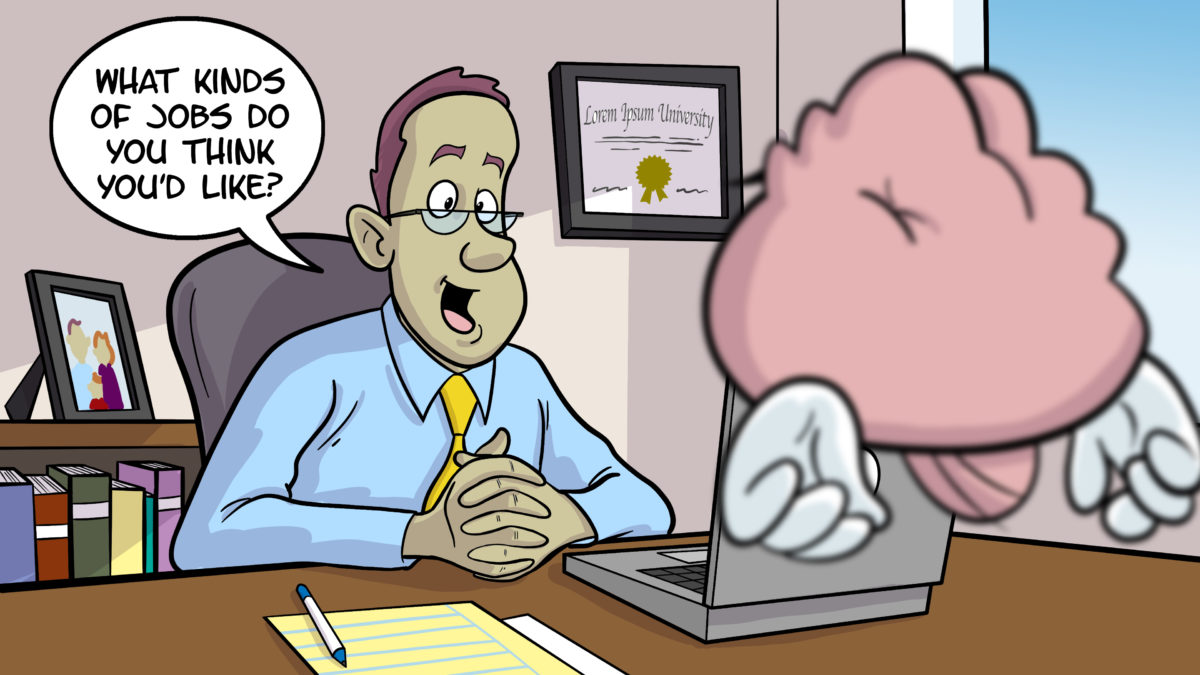
The state vocational rehabilitation (VR) agency helps students obtain jobs and job training. The VR agency identifies work options and provides career guidance based on a student’s interests, abilities, and needs.
Students with TBI who are receiving special education services or whose injury is likely to be a barrier to employment should register with their state VR agency two years before high school graduation or before they turn 21, whichever is earlier. By doing this, the VR counselor can participate in transition planning meetings and advise the student about vocational assessment, job training, and other services. There can be a waiting list, so it is best to plan ahead.
Eligible teens meet with a VR counselor to discuss interests and options. An Individualized Plan for Employment is then put together, which includes the services needed to help the student reach his or her goal.
From: Life After High School by D. Hood, B. Todis, and A. Glang, published by the Brain Injury Association of America, 2006.

